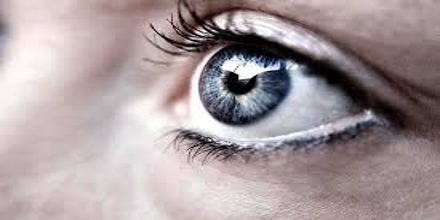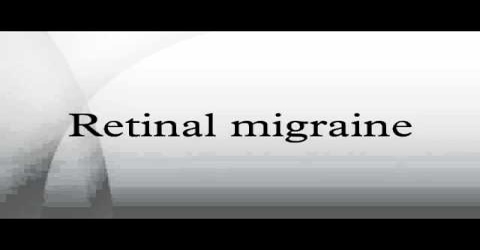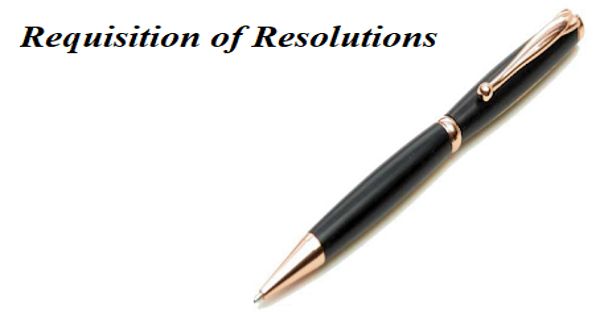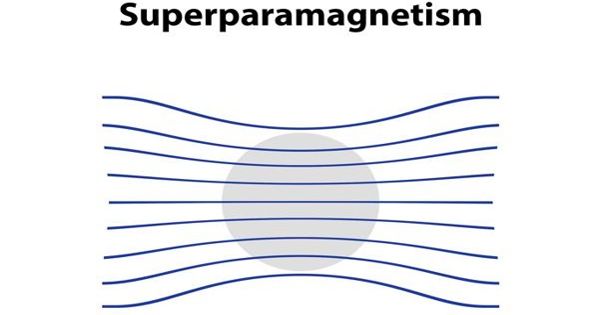A retinal migraine (also known as ocular migraine) can be eminent by the manifestation of a conspicuous trouble that leads to an impermanent loss of vision. This is unlike the visual ‘aura’ that general migraine sufferers sometimes incident. It is unusual and it is dissimilar from a migraine pain. Those situations generally change the vision in both eyes. A retinal migraine affects vision in one eye only.
A retinal migraine can affect impermanent blindness or visual troubles in one eye. It generally last for up to 1 hour and are followed by the return of standard vision.

Symptoms of retinal migraines
If you are a migraine victim, there are numerous indications that you may be experiencing a retinal migraine.
The International Headache Society has produced a description of the symptoms that narrate to a retinal migraine. The most familiar symptom is short-term loss of vision in one eye only. Others include:
- temporary blindness
- flashing lights or haloes
- blind spots in your field of vision
- seeing flashing, sparkling, or twinkling lights
Causes of a retinal migraine
A retinal migraine is caused by a decrease in blood flow to the eye when blood vessels slight abruptly. There are numerous reasons why this might occur.
Factors that might activate blood vessel narrowing and retinal migraines include:
- Birth control pills
- Dehydration
- Excessive heat
- High blood pressure
- Low blood sugar
- Smoking

Diagnosis
There are no diagnostic tests that notice a retinal migraine. A doctor may identify a retinal migraine by investigative personal and family medical history, asking about symptoms, and conducting an examination.
If you think you may be suffering from retinal migraines, you’ll need a full checkup examination in order to detect it properly. It will often be a case of ruling out other disorders including a blood clot, stroke, pituitary tumour, detached retina, or drug abuse.
Treatment
As with general migraines, the best form of treatment is prevention.
Preventative treatment can depend on trying to find the triggers that might cause you to experience a retinal migraine – they may include stress, tiredness or food sensitivities. You may also be prescribed a prophylactic medicine such as aspirin, betablockers, antidepressants or ‘common’ migraine preventative drugs such as sumatriptan.
Prescribed medication might include:
- Antinausea medications to prevent nausea and vomiting
- Ergotamines to narrow blood vessels in the brain to relieve a headache
- Triptans to narrow blood vessels in the brain and reduce swelling
- Beta-blockers to relax blood vessels in the brain
- Calcium channel blockers to prevent blood vessels constricting
- Anticonvulsants to help prevent a migraine
Summary
Most people that have retinal migraines will frequently experience an attack every few months. The visual trouble phase tends to last no more than an hour, and the following headache can last anywhere from a few hours to a few days.
The problem is that it is hard to diagnose, is often confused with a regular migraine and there is no specialized ‘cure’ – prevention is often the best form of treatment.
















